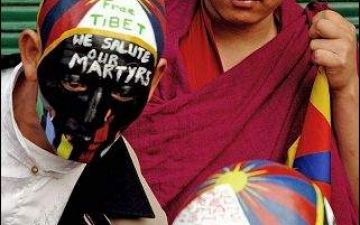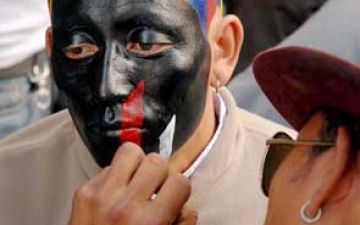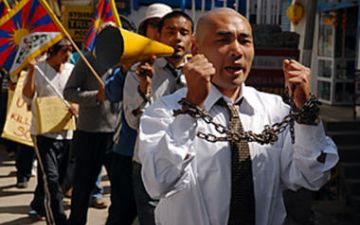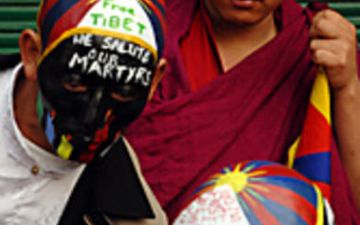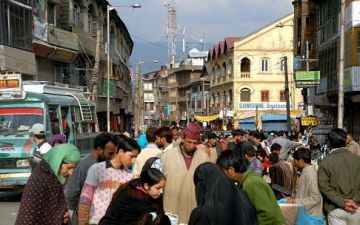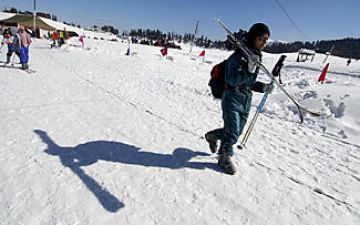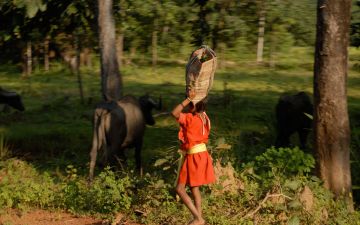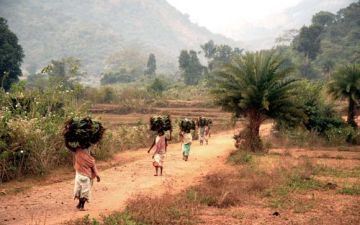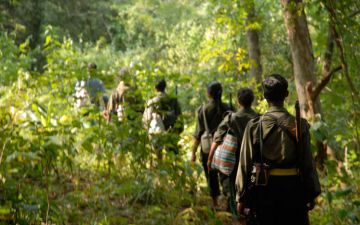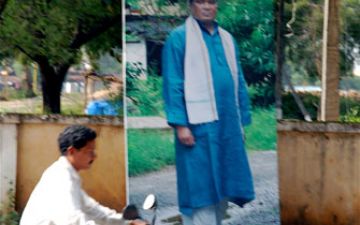Has War Worn Itself Out in Kashmir?
Srinagar, India -- Bullet holes are still visible along the commercial heart of Kashmir's capital, reminders of past gunbattles, bombings and suicide attacks that used to be an almost daily occurrence here.
Today, the only din is traffic and protesting bus drivers, who say the state owes them back wages. "It's been more than two years since we had any kind of explosion here," said Amir Amin, a shopkeeper. "We Kashmiris are so fed up with fighting, it's time we enjoyed business as usual."

